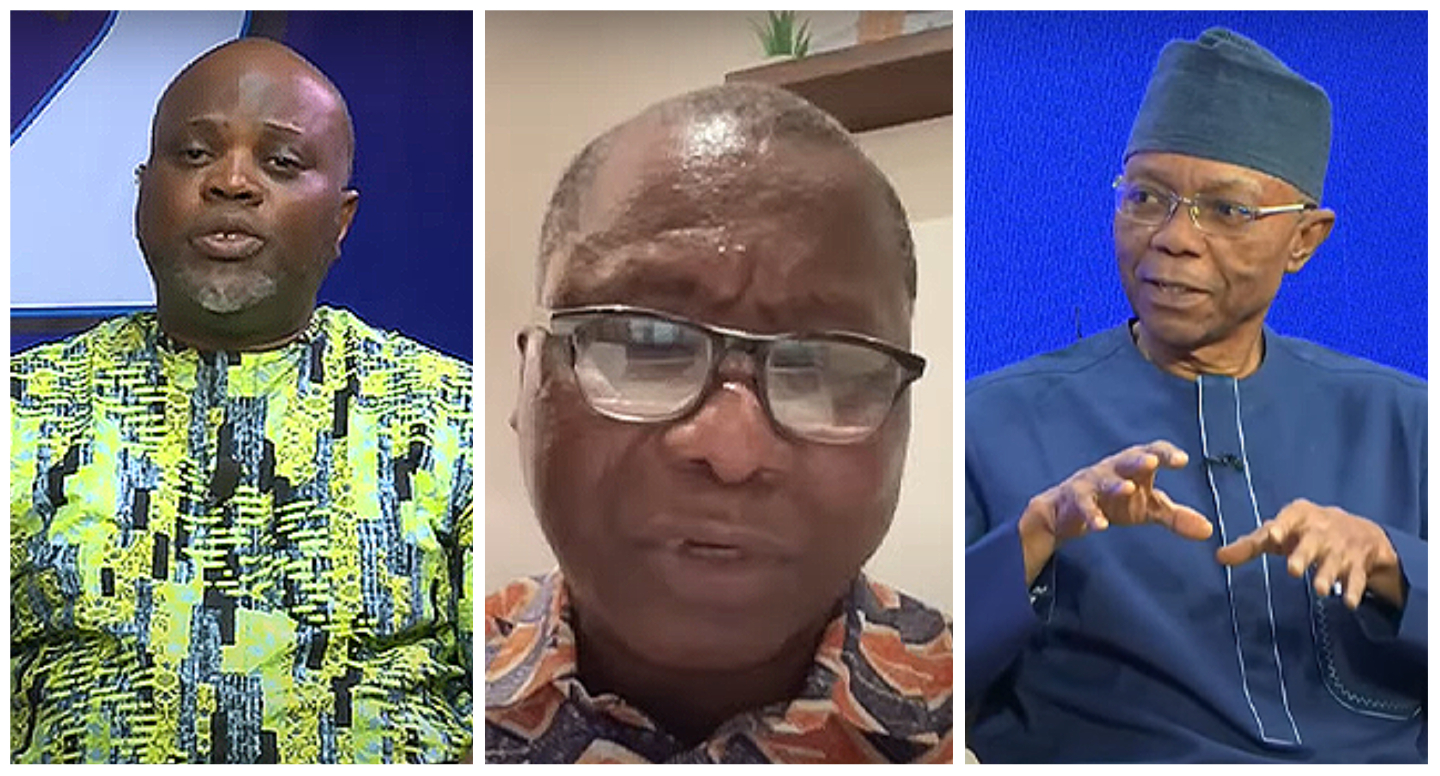According to some economic experts, despite the fact that Nigeria’s economy underperformed in 2022 due to difficulties in the oil sector and unanticipated local and international events, the nation has achieved significant progress in light of the worldwide recession brought on by the COVID-19 pandemic.

Professor Olawale Ogunkola, an economist from the University of Ibadan, Gabriel Idahosa, the deputy president of the Lagos Chamber of Commerce and Industry, and Tope Fasua, an economist, all gave live interviews on Saturday’s episode of 2022 In Retrospect, a year-end programme on Channels Television.
READ ALSO: Kukah Informs Buhari That “You’re Leaving Us Far More Vulnerable Than When You Came”
Idahosa asserted that the economy fared below expectations, saying, “We were hoping to obtain something like three percent, four percent, but we didn’t get there,” in terms of annual growth.
According to the LCCI deputy president, many industries did not perform as well as expected, while others performed “very well.” He continued by saying that the earlier in the year beginning Ukraine-Russia War “threw away” any exchange rate estimates.
Ogunkola also pointed out that Nigeria’s open economy is responsible for its recent economic performance, suggesting that the nation engages in a sizable amount of foreign trade.
According to Fasua, the floods caused serious consequences for the agriculture industry. He claimed that 2022 was possibly the worst year in a decade, with “a lot of loses.”
Because we were formerly producing fewer than a million barrels per day, Fasua stated that the crude oil industry had partially recovered. By the end of November, “we were back to being the largest producer in Africa — over one million (barrels),” he claimed.
“I’m very positive that in spite of all the challenges, we seem to have crossed the rubicon, positively in Nigeria, in terms of the economy,” he added.
Ogunkola finds it strange that Nigeria is the only oil-exporting nation whose oil’s worth has not increased much in light of the ongoing conflict in Ukraine.
“The reason has to do with leakages in the production. There are so many barrels we are supposed to export but we are unable to because we do some sharp practices that reduce the amount of oil that is sold at the international market,” he said.
“We have some other reasons why the inflation is so high, including the internal problems that we have in terms of production disruption because of insecurity.
“In fact, we also imported some inflation, given that we are producing crude oil but importing (refined products), so instead of the increase in price of the oil, to be beneficial to us, it’s now like a curse because we need to do more in terms of blocking the leakages.
“Of course, the issue of controversial fuel subsidy, which implies that the higher the oil price, the more the subsidy we pay, also ameliorated the positive impact we were supposed to have from some of these external developments,” he said.
“We have some other reasons why the inflation is so high, including the internal problems that we have in terms of production disruption because of insecurity.
“In fact, we also imported some inflation, given that we are producing crude oil but importing (refined products), so instead of the increase in price of the oil, to be beneficial to us, it’s now like a curse because we need to do more in terms of blocking the leakages.
“Of course, the issue of controversial fuel subsidy, which implies that the higher the oil price, the more the subsidy we pay, also ameliorated the positive impact we were supposed to have from some of these external developments,” he said.
Despite its large investments, Fasua lamented losses in the agriculture industry during the past year.
“This year was perhaps the worst in a decade and that came with a lot of losses. So, to mitigate that, I think that the government of the day has made quite a bit of investment in agriculture, some of which may not be immediately reaped, as it were. Sometimes, it plays out like that.
“There’s been quite a bit of investment in agriculture. When we talk about some of the policies that try to reduce the importation of food crops – maybe when you talk about imports substitution as a policy, sometimes it’s going to be medium to long-term, for example, the production of rice, investment in rice. A lot of that will go to waste, but at least a kind of mentality is changing,” he said.
By stating, “[On] the issue of food production, you know the disruptions we have and importing food is also a costly business, Ogunkola shed light on the importation of agricultural goods.
“Instead of us being able to produce what we can consume, we’re importing more of what we are not producing. So, this created a lot of problems that we have currently in the economy.”
Idahosa characterised the sector’s performance as flat and added that, despite the fact that agriculture received a lot of input, the combination of insecurity and the flood had “wiped out” many of the sector’s expectations.


















